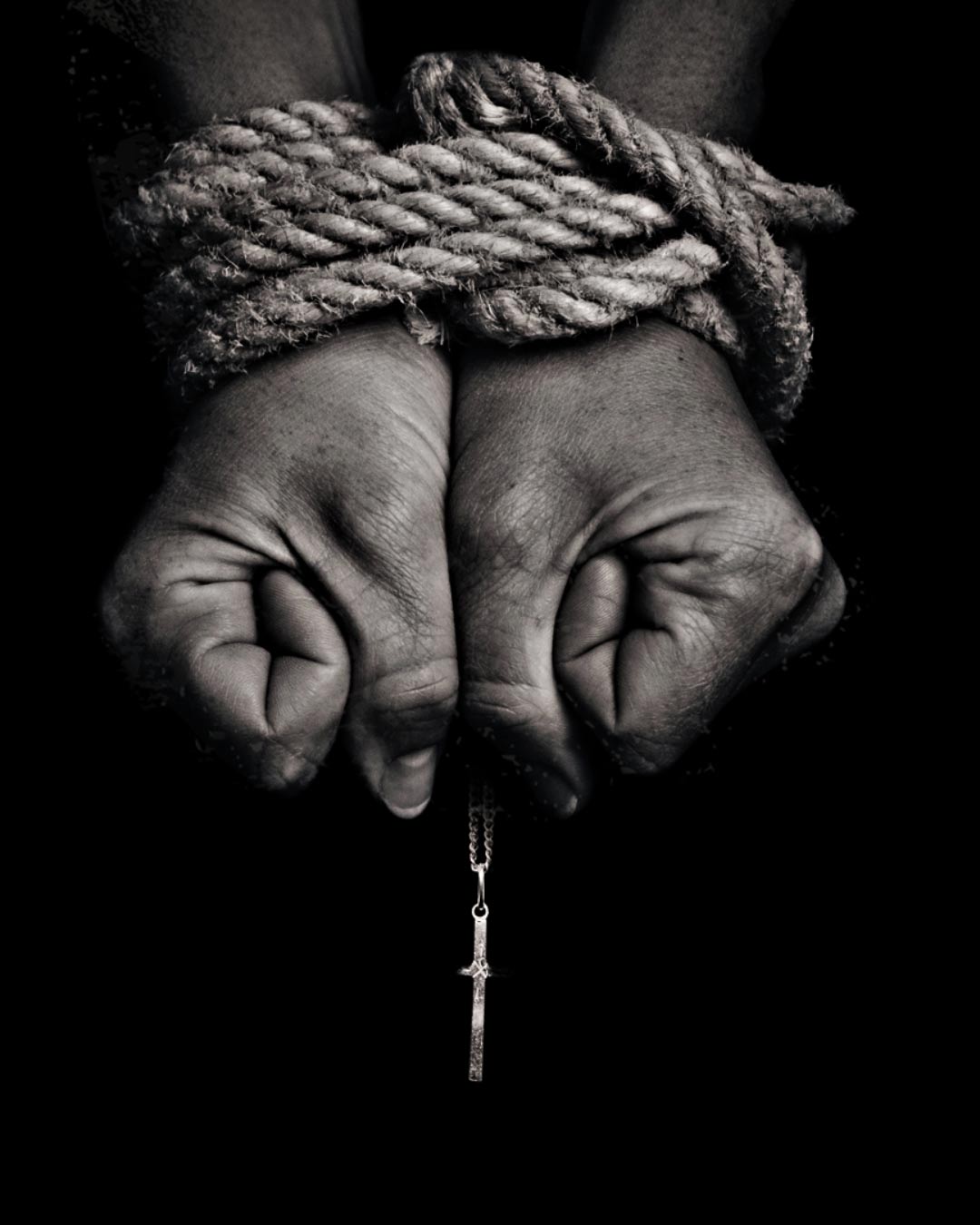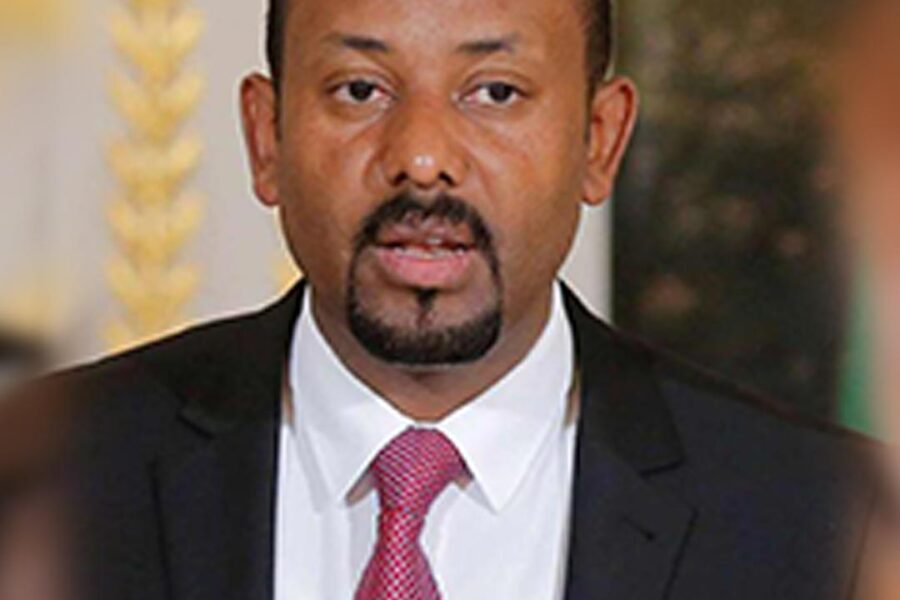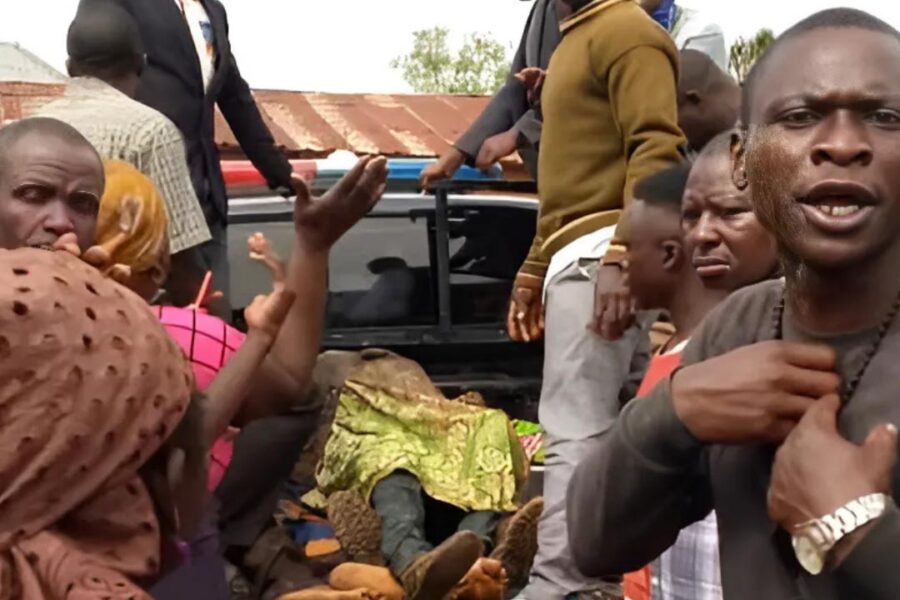On 15 June, churches across Southern Africa will mark Persecution Sunday — a global moment of remembrance, advocacy, and lament for millions of Christians who suffer in silence. But this year, the call is sharpened by geography. For the first time, the spotlight falls squarely on sub-Saharan Africa — now the world’s deadliest region for believers.
At the centre of the campaign is Open Doors Southern Africa, an organisation that supports persecuted Christians in over 70 countries. Their message this year is unflinching: Africa is bleeding, and the Church must not look away.
“Christians in sub-Saharan Africa are paying a high price for their faith,” said Lynette Leibach, Executive Director of Open Doors Southern Africa. “Our goal is not only to see more communities participate, but also to deepen their connection with the persecuted Church.”
Persecution Sunday is observed annually on the first Sunday after Pentecost — a nod to the early Church’s first brush with opposition. According to Scripture, the persecution of Christians began in the days immediately following Pentecost, when Peter and John were arrested for proclaiming Christ. That spiritual legacy continues today in vastly more brutal form.
Across sub-Saharan Africa, believers face imprisonment, discrimination, assault, and murder. In Nigeria, churches burn before they open their doors. In Burkina Faso, worship services are held underground. In the Democratic Republic of Congo, violence is so routine it rarely makes headlines.
Open Doors’ data is sobering. Between October 2023 and September 2024, 4,602 Christians were killed for their faith — 92 percent of them in sub-Saharan Africa. Over 112,000 were displaced, while 3,623 were kidnapped, and nearly 13,000 homes or church buildings were attacked.
The Global Terrorism Index confirms what many have feared: Africa is now the epicentre of religious violence, surpassing even the Middle East in fatalities. The region has seen a 2,000% increase in terrorism over the past 15 years.
This year’s theme, “The Persecuted Church in Africa”, is tied to Arise Africa, Open Doors’ multi-year campaign to equip the African Church to stand strong where persecution is most extreme. Collaborating with pastors and leaders from affected regions, the initiative blends spiritual support with strategic action, including trauma counselling, discipleship training, and emergency relief.
What sets this year apart, however, is the effort to mobilise churches across the continent — not just to pray, but to proclaim.
Churches are encouraged to observe Persecution Sunday by:
- Hosting a speaker or an Open Doors volunteer
- Organising prayer services or community events
- Sharing multimedia resources, testimonies, and child-friendly materials.
Registered churches receive toolkits including PowerPoint slides, prayer cards, videos, and sermon notes — all designed to tell the story of the persecuted in ways that stir both hearts and hands.
“Our hope is that this will not be a one-day event,” said Leibach. “We are building lasting solidarity between churches in safety and churches in suffering.”
More than 380 million Christians around the world face high levels of persecution — one in every seven. And yet, many in the global church remain unaware, or worse, unmoved.
Persecution Sunday is more than a day of awareness. It is a mirror to the Body of Christ — a test of its unity, compassion, and memory. In Africa, where revival and violence sit side by side, the Church is being tested. The question is whether those outside the fire will recognise the smoke and respond.
Because persecution does not only seek to silence the Church. It asks who else will speak when she cannot.







